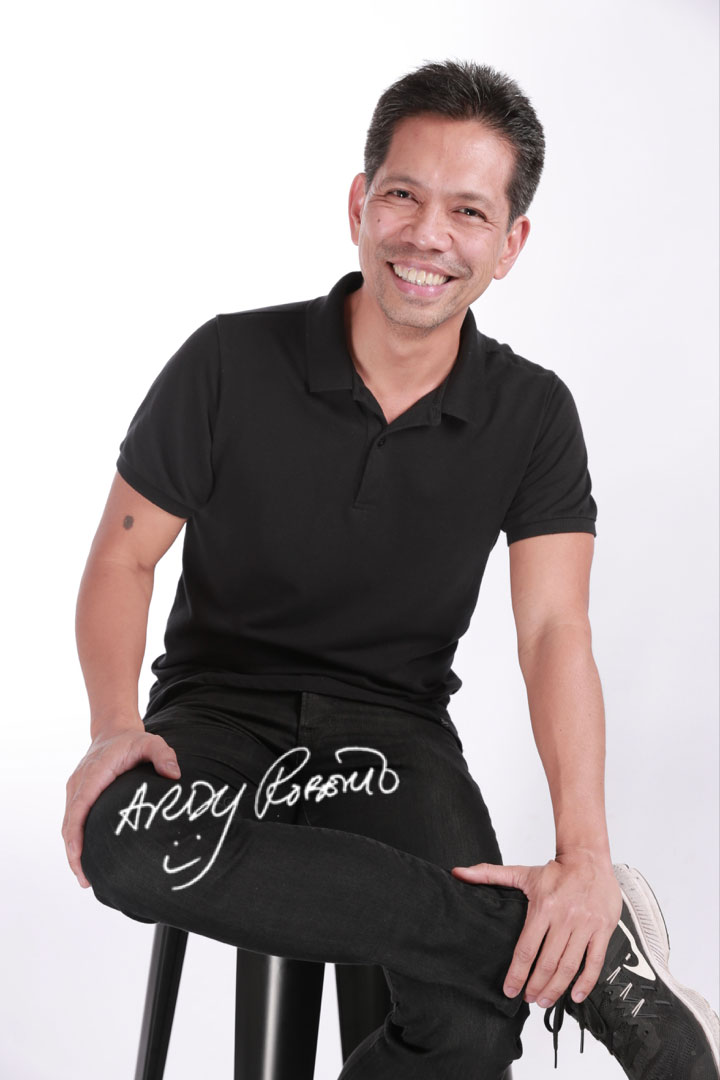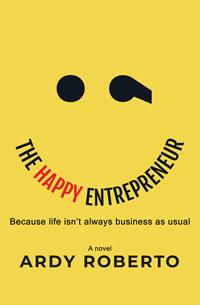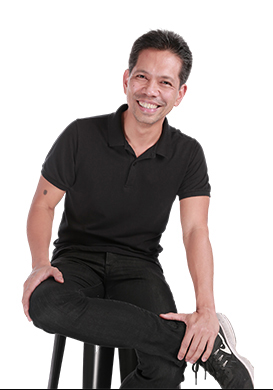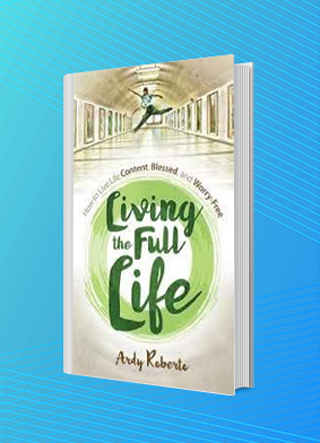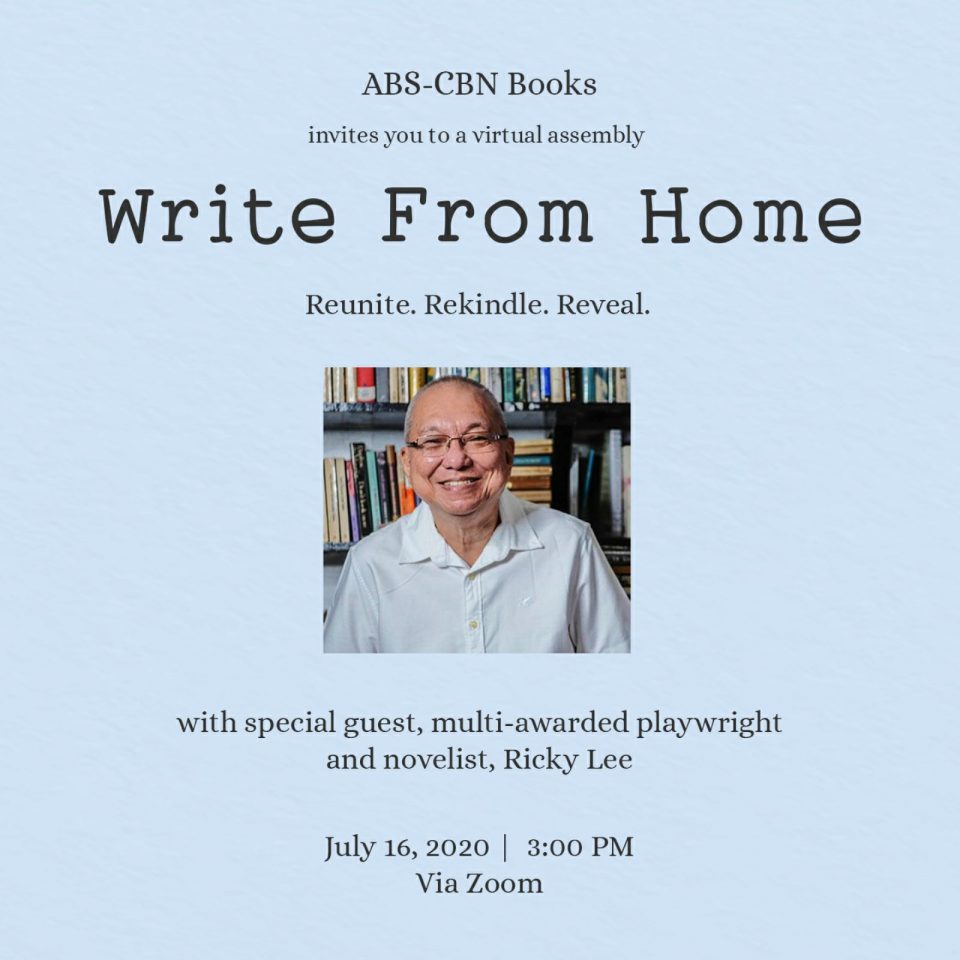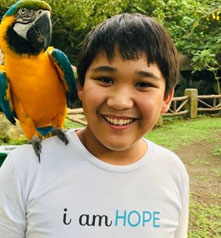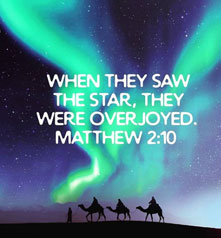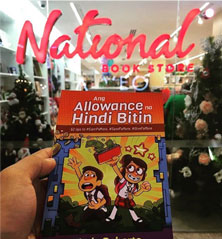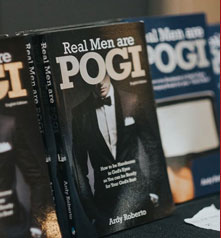Lessons from Maestro Ricky Lee
Yesterday was a special day in the lives of many writers who were gathered in a room via Zoom.
I, together with other established and up and coming new authors from my publisher, had the privilege of sitting at the feet of legendary, prolific and generous writer and author, Ricky Lee.

Lee is the writer of hundreds of screen plays (including the award-winning Himala) and author of books on writing, including Trip to Quiapo. (Which I still have to read, but will order via ABS CBN Books online shop.)
Here are some golden nuggets that I will keep in my author’s backpack as I travel this road less taken:
On writing from home during this pandemic: The Lockdown.
Lee was afraid. “Natakot ako,” he said frankly.
“I’m the type of person who can’t keep still. Even when I write. I’m very mobile.” Many times, Lee would ride the bus from UP (University of the Philippines in Quezon City) all the way to Quiapo, in the heart of Manila—a good 60 to 90 minutes—and back, writing on his notebook.
So when the lockdown happened, he was in panic.
Catching himself—thinking of what he could and how he could respond to the sudden atmosphere of not being in control anymore of where he could go—he decided to do what he was in control of.
Write. And create.
“In COVID, I felt like I had no control. But when I write…and I finish a chapter or a scene. It feels like I have control,” said Lee in Tagalog.
And boy, did he write.
Lee finished at least five movie scripts during ECQ. He made a regular schedule; a fixed routine that gave him a sense of control over his life.
And he wrote whether or not he felt like it. Inspired or not. In the mood or not. Happy or sad. He wrote.
“Writing saved me.”
Lee started to feel better.
“Amidst this state of powerlessness, I write. Because I realize what I do best is writing.”
Reminds me of one of my most favorite definitions of success. “Success is not doing what you’re just good at, it’s doing what you do best.”
His advice to writers?
“Continue writing. Don’t stop. We are the story tellers of this age.”
Lee remembers the time during Martial Law when he was in prison for one year for being an “activist.” Behind bars, he continued writing. He remembers that those years of the 70s and early 80s— of being “kept in a box”—was a golden age.
And it is during crisis, like this CORONA lockdown that writers bloom. Lee sees a golden age of creativity and books bursting forth during this pandemic.
Lee says, “Ang motto ng writer should be ‘give me a box’. Give me a dilemma. And then you write to get out of the box.”
On being a good writer and the craft of writing
Are you writing from personal experience? Every person is broken. Especially writers. We write from a state or memory of brokenness and we bring our readers on a journey. A journey from brokenness to wholeness.
Lee’s advice is to “just write as if your work were not to be published.” Write in the stream of consciousness without editing yourself. Let it all out and then later on allow your work to be edited.
Another tip in response to Bb Mia’s question about genres and adjusting your writing to today’s generation (“should we write in Taglish?”.
Lee advices that writers stretch themselves. To be rubber bands. Change genres.
When when us mentors were asked to name a book or books that impacted us as writers at the Project Foreword presscon, Lee responded, “The Bible.”
Why?
“Because all the different genres (and themes) are there.” Poetry, songs, sex, violence, life, death, tragedy and triumph—stories of characters in a hole, in a pit, and being rescued. Stories of a Saviour.
Lee then asked the writers in the Zoom room, to challenge ourselves. If you’re used to writing non-fiction, try fiction and vice versa. Lee, a senior citizen, shared that he’s tried poetry, song writing, and has writing for komiks on his bucket list as a writer. (Manga perhaps? I failed to ask.)

“What’s important is your unique voice. Keep your voice.” Lee cited the best-selling 1892 series of Bb Mia (which he actually read through) as an example of keeping a unique voice in the midst of a very complex novel series with so many characters intertwined in a historical setting.
When writing Lee likes to— rather, loves to—listen to music. His playlist is eclectic. It can go from Van Morrison to Broadway, like the Hamilton soundtrack.
Be a better…
On my question to elaborate on his statement that “writing should make you a better person”, Lee replied:
“Work on your craft. Be a good writer…but be a better person. If you have a small heart, or masikip ang iyong puso (your heart is tight)—you need a bigger heart to be able to contain all the characters in the book.”
I love the idea that writing should make you a better person. That the craft I’ve been called to enter has that kind of benefit that impacts the people in my life—from my spouse, my family and my community.
“The work of a writer is to see.”
How?
Be connected.
“What is more important for a writer is to be ENGAGED with life. More than the production. Be engaged with life, “ says Lee. “That is the work of a writer.”
“A writer has so much power. Words have power. You have a big responsibility. Because you have a gift. To put together words. Sayang if you don’t use it.
If you are able to change just one life.
Then it is worth it.”
© Ardy Roberto 2020

